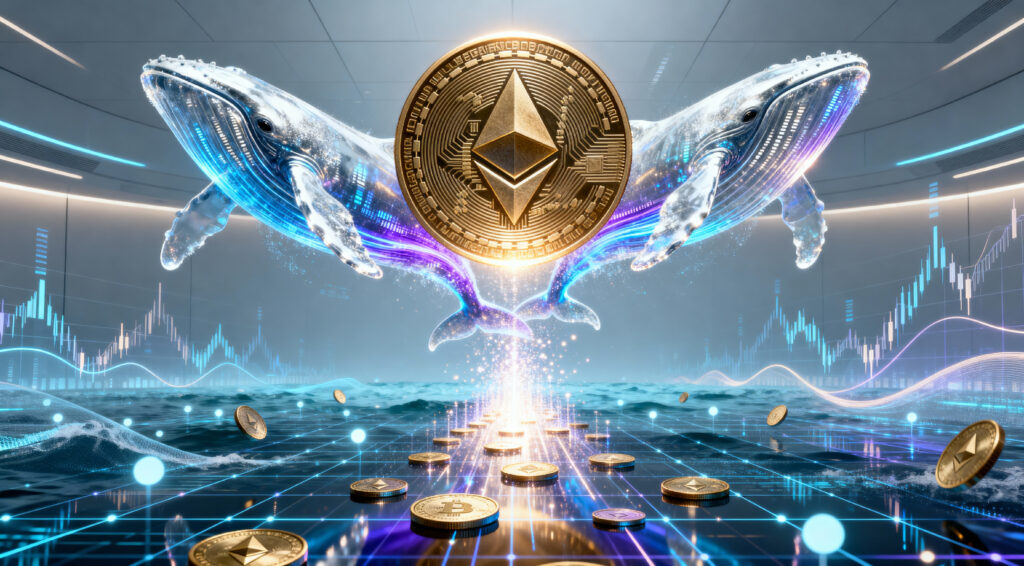Vietnam’s Diplomatic Gamble: Golf Diplomacy and “Bamboo” Economics amidst Trump’s Tariffs
In the context of international relations, the world is waiting for the next move in the chess game between countries. Slow Vietnam is preparing for a potential assault from America with Trump’s “Liberation Day in America!!!” and his reciprocal tariffs. Even after Trump announced his plans to wage an economic war against the West, shoving car manufacturers into the mix, his attention is set on the East—who just happens to be a player in his ‘America First’ scheme. It just so happens that Vietnam stands in line ready to be minced under a 25% import stamp. While a chorus of countries parallelly attempts to thrash a challenged nation, the Vietnamese Prime Minister offers an alternative solution—an intricate blend of diplomacy and economic maneuvering while possibly throwing in a game of golf.
Does Vietnam’s PM Chinh Show Willingness Towards Trump’s ‘Golf Diplomacy’ Style Diplomatic Relations?
During a recent address this year, Pham Minh Chinh, a Vietnamese prime minister, claimed, “I will be willing to go to Mar-a-Lago for a round of golf and will go and spend a day of golf at the club if doing so helps Vietnam,” which can be deemed a less serious remark but aligns with what many experts would refer to as ‘trump diplomacy’ or would more accurately put it as ‘golf diplomac’y. This comes in combination with something that was famously referred to as Japanese diplomacy during the era of Shinzo Abe in support of him becoming the Japanese Prime Minister. His relationship with Trump, who is an avid golfer, turned out to be beneficial for Japan in the sense that they were able to get tariff freebies, most profoundly for their automobile industry.’
Is He The Only One Who Holds Out These Ideas?
Mk also claims to have heard of The Trump Organization making tentative plans for investment in Vietnam with regards to gold and real estate, which is strange. According to him, one of these projects includes building a residential complex comprising three 18-hole golf courses, which is set to undergo construction in April.
“Bamboo Diplomacy”: Vietnam’s Flexible Foreign Relations Strategy
Unlike other nations that focus on one dimension of international relations like golf diplomacy, Vietnam’s foreign policy strategy can be encapsulated as “bamboo diplomacy,” marking its distinct flexibility. Vietnam seeks to deal with multiple branches of global power just like a wind-responsive bamboo shoot flourishes. This has helped Vietnam cope with changing geopolitical environments throughout history.
Combating Trump’s Distrust: Steering Clear of the Tarification Storm
Trump, in the past, had criticized the country, calling it “worse than China” and “almost the single worst abuser of anybody.” As a US trade partner, Vietnam became the 3rd largest economic partner for the US after China and Mexico. Despite the burdensome trade deficit with the US, Vietnam has not come under immediate tariff targeting from Trump; the analysts believe this could partly be because of the Vietnam-Washington relations development. Meanwhile, experts warn that these measures may not be adequate to fully bypass Trump’s targets.
Concessions and Cooperation: Vietnam’s Efforts to Appease
Foreseeing the effect of US pressure, Vietnam has acted to prove its commitment to striking a trade balance. The government has already committed itself to widening the “restricting trade” cavity with the US and is taking steps to increase US withdrawal. Just this week, the government made the decision to lower tariffs on a number of imports from the US, which include energy and cars, and reframed the reduction as a step aimed at “improving trade balances.”
Starlink’s Green Light: Another Overture to the U.S.?
To deepen the potential cooperation, Vietnam has offered Starlink Internet, the satellite internet service owned by US ally Elon Musk, permission to operate within the borders of the country under a test program. Some American observers and analysts view this initiative as yet another overture by Vietnam to show its resolve not to be targeted by tariff action from the US.
China’s Shadow: A Possible Wrench in the Works
A key Vietnamese disadvantage is the persistent worry regarding China’s presence in the country. Vietnam was one of the clear favorites during the trade tussle between the US and China in Trump’s first term. Some investors decided to relocate their businesses from China to Vietnam due to Trump’s tariffs in 2018. But the surge of Chinese firms setting up manufacturing facilities in Vietnam to evade tariffs poses challenges for the U.S.
The Economic Interdependence: Vietnam’s Geopolitical Location
Vietnam’s exports to trade partners are dominated by the U.S., whereas China stands as the most vital supply source of goods—over one third of Vietnam’s imports. Additionally, based on Chinese data, last year they accounted for about 30% of new investment for Vietnam. Former US trade negotiator Wendy Cutler has raised concerns that Vietnam is turning into “a magnet for significant Chinese investment,” to which the US may be forced to respond, likely with some negative consequence.
Effects on U.S. Businesses: A U.S. Business Risk
Although the US tries to curb the trade deficit with Vietnam, the consequences might be more harmful to American businesses. Apple, Intel, and Nike, who have relocated their production facilities from China to Vietnam, may be faced with higher costs and significant supply chain disruptions. An American Chamber of Commerce in Vietnam poll found that a majority of US manufacturers expect to fire employees if the tariffs are put in place.
Reason Behind Trump’s Decision: Economic Patriotism
According to Trump, these tariffs will energize the American economy by prompting the relocation of business operations to the US, thereby increasing tax revenues. The economists, however, have been quick to point out that the US consumers will likely have to pay higher prices while the goods trade around the world will be hurt.
Trans-Shipments: A Focus of U.S. Concern
Trans-shipments, where Chinese products circumvent Vietnam on their way to other countries via fast-track routes through Vietnam, is also a cause for concern for the United States. A few officials in foreign trade have been ‘expressing the need and urging Vietnam to slow down the excessive tidal trade in Chinese products through the country.’
The Road Ahead: Uncertainties and Potential Outcomes
His prime minister remarked with confidence that “his cabinet and he know how to handle the relationship with the US.” Newer attempts to lower the tariffs on US products are likely to increase Vietnam’s attractiveness to the US and thus, in conjunction, broaden the US market share. But whether Vietnam can successfully maneuver through ‘bamboo diplomacy’ or ‘golf diplomacy’ remains in doubt.
Awaiting “Liberation Day”: The Next Test
Next week, when Trump’s tariffs are expected to go into effect, will mark the true test of Vietnam’s calculated ‘wait and see’ strategy. Whether these strategies coerce the US into retracting the drastic cuts and enhance the trade relations with Vietnam while diplomatically balancing the extreme cuts and crafted surges in the tariffs is up for public decision.















